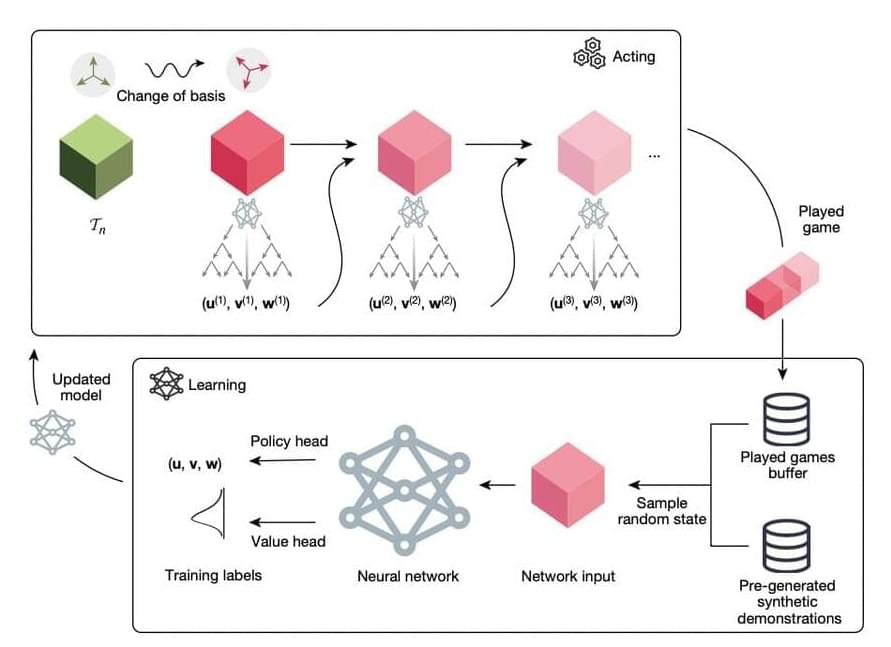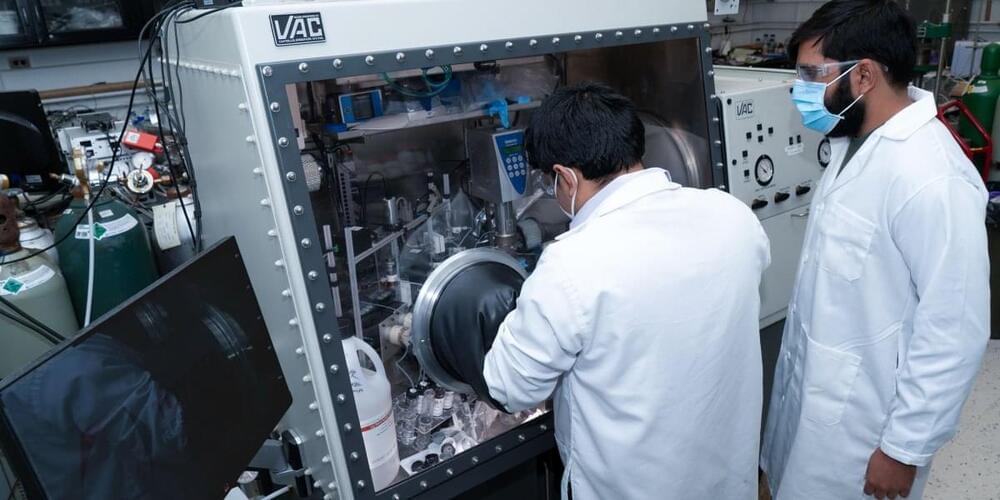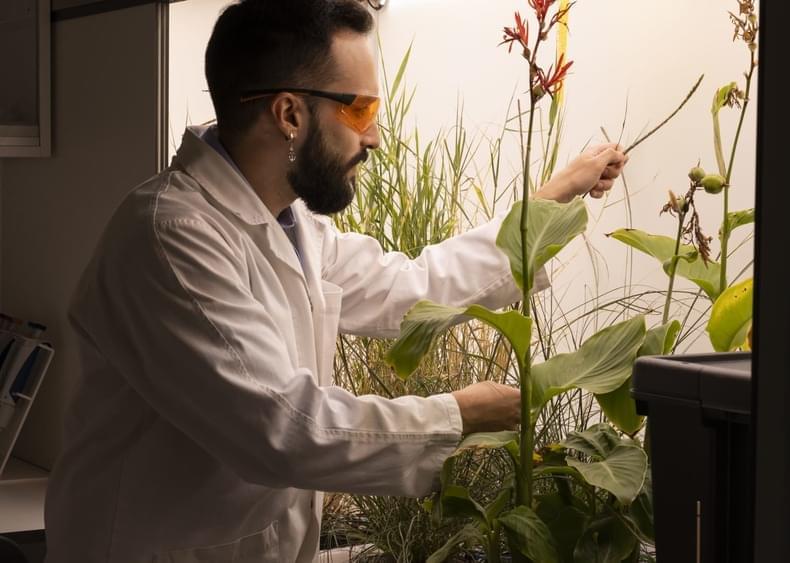
Improving the efficiency of algorithms for fundamental computations is a crucial task nowadays as it influences the overall pace of a large number of computations that might have a significant impact. One such simple task is matrix multiplication, which can be found in systems like neural networks and scientific computing routines. Machine learning has the potential to go beyond human intuition and beat the most exemplary human-designed algorithms currently available. However, due to the vast number of possible algorithms, this process of automated algorithm discovery is complicated. DeepMind recently made a breakthrough discovery by developing AplhaTensor, the first-ever artificial intelligence (AI) system for developing new, effective, and indubitably correct algorithms for essential operations like matrix multiplication. Their approach answers a mathematical puzzle that has been open for over 50 years: how to multiply two matrices as quickly as possible.
AlphaZero, an agent that showed superhuman performance in board games like chess, go, and shogi, is the foundation upon which AlphaTensor is built. The system expands on AlphaZero’s progression from playing traditional games to solving complex mathematical problems for the first time. The team believes this study represents an important milestone in DeepMind’s objective to improve science and use AI to solve the most fundamental problems. The research has also been published in the established Nature journal.
Matrix multiplication has numerous real-world applications despite being one of the most simple algorithms taught to students in high school. This method is utilized for many things, including processing images on smartphones, identifying verbal commands, creating graphics for video games, and much more. Developing computing hardware that multiplies matrices effectively consumes many resources; therefore, even small gains in matrix multiplication efficiency can have a significant impact. The study investigates how the automatic development of new matrix multiplication algorithms could be advanced by using contemporary AI approaches. In order to find algorithms that are more effective than the state-of-the-art for many matrix sizes, AlphaTensor further leans on human intuition. Its AI-designed algorithms outperform those created by humans, which represents a significant advancement in algorithmic discovery.


















